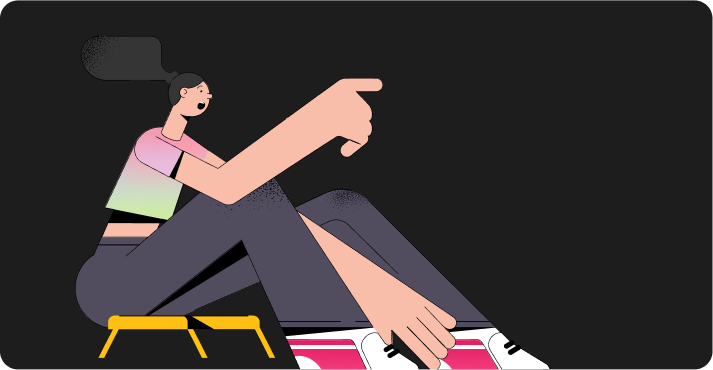
CONTENT
WTF Is a Moodboard? Visualizing Your Brand’s Vibe – How We Do It
When it comes to building a brand, the first step isn’t about nailing down the perfect logo or picking out the snazziest font—it’s about capturing the essence of your vibe. Enter the mood board: a fun, visual kickoff that sets the stage for everything your brand will become.
Setting the Stage: Understanding Moodboarding in Branding
Before a brand can tell its story, it needs to see it. A mood board is like a vision board for your business—a curated collection of images, colors, fonts, and design snippets that capture the vibe and energy you want your brand to radiate. Think of it as your visual cheat sheet that instantly tells everyone—from designers to clients—what your brand’s personality is all about.
It might sound simple, but when you start pinning down those visual elements, you’re actually taking a powerful step toward defining your identity. Without a mood board, trying to communicate your brand’s essence can be like describing a sunset in the dark: nearly impossible to connect with.
Why Moodboards Matter
A well-crafted mood board isn’t just about making things look pretty—it’s about making them feel right. It helps you:
- Define Your Brand’s Personality: Nail down the mood and message before you dive into design.
- Stay Consistent: Ensure your brand looks and feels cohesive across all platforms.
- Communicate Clearly: Give your creative team a tangible reference so you’re all on the same page (no wild hand gestures needed!).
As one of our favorite analogies puts it: Designing without visual references is like trying to describe a sunset in the dark—impossible to grasp and nearly impossible to connect with. A mood board solves this by setting the tone and aligning the vision right from the start.
What Goes Into a Mood Board?
Here’s what you’ll typically find:
- Color Palette – Sets the mood (yes, colors have psychology!).
- Typography – Fonts that match your brand’s personality.
- Imagery – Photos and graphics that represent your aesthetic.
- Textures & Patterns – Add layers of depth and style.
- Inspiration & Keywords – Mix in words and visuals that define your brand’s essence.
We even drew inspiration from a social media post we loved (check out our reference image for some extra creative flair) to show how a mood board can visually communicate your vibe in a snap.
How to Create a Killer Mood Board
- Find Your Vibe – Write down 3–5 words that sum up your brand’s personality. What emotions or ideas do you want people to feel?
- Gather Inspiration – Hit up Pinterest, Instagram, or even flip through a magazine. Collect anything that sparks an idea.
- Curate, Don’t Collect – Choose visuals that truly fit your brand—quality over quantity, always.
- Assemble & Refine – Whether you’re using digital tools or going old-school with a physical board, arrange your pieces until they feel just right.
The Bigger Picture
Moodboarding isn’t just a fun exercise—it’s the foundation of your brand’s visual journey. By creating a clear visual guide early on, you set the stage for a cohesive brand identity that shines through in everything you do. And yes, it’s way more enjoyable than diving straight into design work without a plan.
The Building Blocks: Unpacking the Components of a Brand Identity
Remember, a brand isn’t just a logo or a snappy tagline. It’s the entire personality of your business—the DNA that shapes how you’re seen, recognized, and remembered. Every element on your mood board plays a part in this bigger picture, ensuring that every touchpoint feels authentically you.